A Beginner’s Guide to Vasoactive Drug use in Children with Septic Shock
Don't Forget the Bubbles
NOVEMBER 27, 2023
What is Shock? Shock is defined as a type of circulatory failure where lack of oxygen leads to dysfunction of vital organs. There are many types of shock which may affect children, and management is specific to the type of shock. The overall goal in managing any cause of shock is to restore oxygen delivery to the organs.

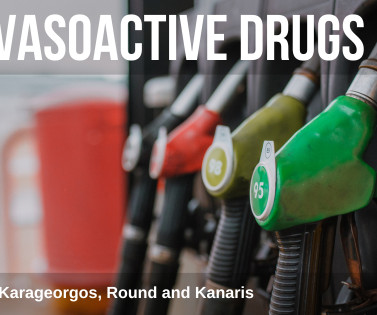
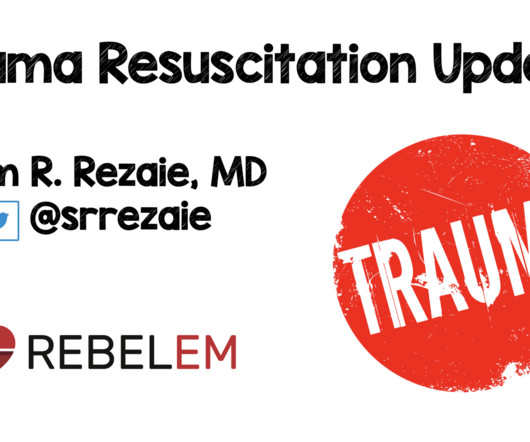

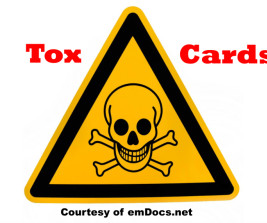











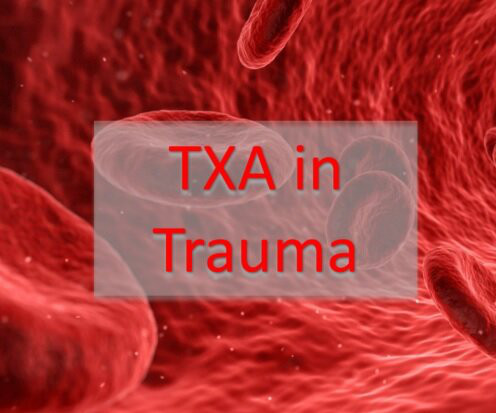










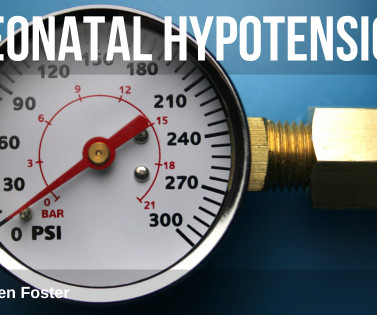







Let's personalize your content